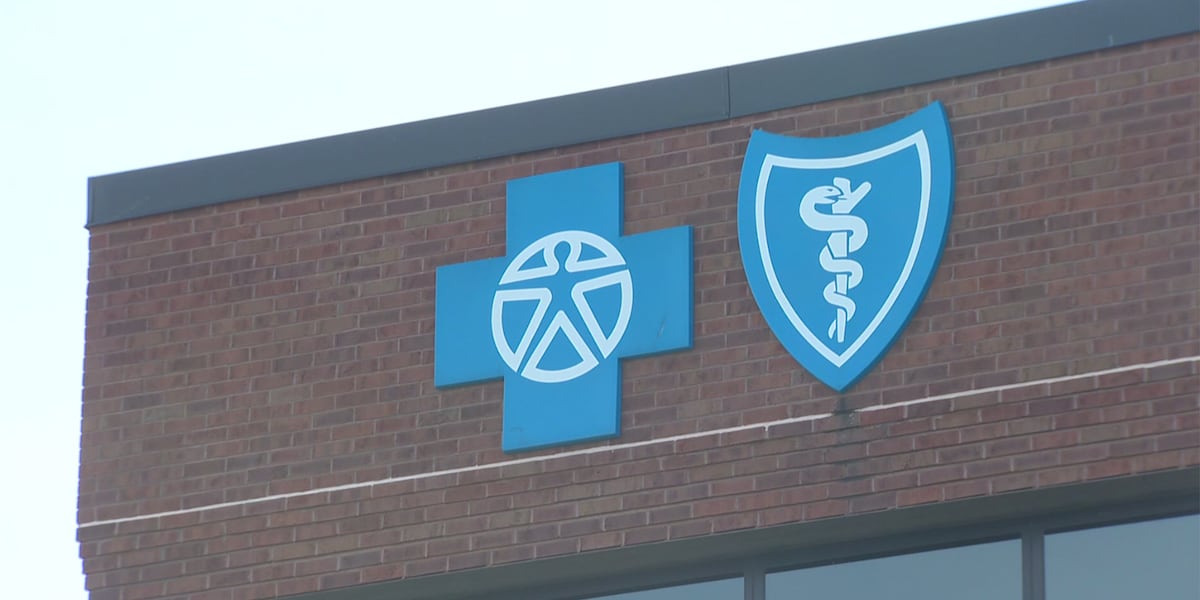Gaza Crisis Deepens: Malnutrition Deaths Rise to Eight as Humanitarian Concerns Mount

The humanitarian situation in Gaza continues to deteriorate rapidly, with the Palestinian Health Ministry reporting eight additional deaths attributed to malnutrition. This grim development comes amidst ongoing Israeli military operations in Gaza City and escalating international calls for an immediate ceasefire. The declaration of famine in the region has amplified concerns about the well-being of the civilian population.
Escalating Humanitarian Crisis: The recent deaths underscore the severity of the food shortage and the breakdown of essential healthcare services within Gaza. Aid organizations have repeatedly warned about the dire conditions, citing limited access to food, clean water, and medical supplies. The ongoing conflict has severely disrupted supply chains, hindering the delivery of vital humanitarian assistance to those in need.
Military Operations and Civilian Impact: Israeli forces are continuing their offensive in Gaza City, targeting what they describe as Hamas infrastructure. However, the operations have resulted in widespread destruction and displacement, further exacerbating the humanitarian crisis. Civilian casualties remain a significant concern, and the impact on vulnerable populations, including children and the elderly, is particularly devastating.
International Pressure for a Ceasefire: The worsening situation has intensified international pressure on both Israel and Hamas to reach a ceasefire agreement. Numerous countries and international organizations have urged for an immediate cessation of hostilities to allow for the unimpeded delivery of humanitarian aid and to protect civilian lives. Diplomatic efforts are ongoing, but a resolution remains elusive.
The Famine Declaration: The declaration of famine by aid agencies is a stark warning of the catastrophic consequences of the conflict. Famine conditions are characterized by widespread malnutrition, starvation, and a significantly increased risk of death, particularly among children. Experts warn that without immediate intervention, the situation could rapidly worsen, leading to a further increase in mortality rates.
Challenges to Aid Delivery: Despite efforts to provide aid, significant challenges remain in getting assistance to those who need it most. Security concerns, logistical obstacles, and bureaucratic hurdles often impede the flow of supplies. The destruction of infrastructure, including roads and hospitals, further complicates the delivery process.
Looking Ahead: The situation in Gaza remains precarious, and the coming days and weeks will be critical. A ceasefire is urgently needed to alleviate the suffering of the civilian population and to allow for the rebuilding of essential infrastructure. The international community must step up its efforts to provide humanitarian assistance and to work towards a lasting peaceful resolution to the conflict. The focus must be on protecting innocent lives and ensuring the long-term well-being of the people of Gaza.





